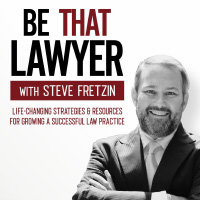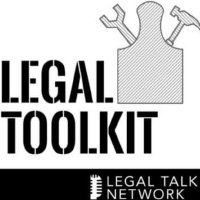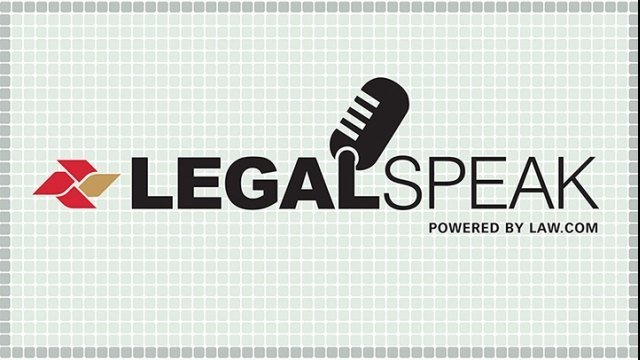
If you are in a job search, time can seem to stand still. You send out resumes and hear nothing. Or you get an initial response indicating that the employer would like to invite you in for an interview. They say they will get back to you to schedule a time to meet; but weeks go by and you don’t hear anything. And then there is the lag time after you actually have the first meeting. You have a good first round of interviews, you connect with the interviewers, you send out thank you notes and you wait.
While it is a good idea to do periodic follow up during these lulls, it is also important not to be overly persistent. You want the employer to know that you remain interested. But you don’t want to project an air of desperation. If you don’t hear anything after an interview, wait at least a few days before following up again.
If you are working with a search firm, often your recruiter can be the squeaky wheel that helps keep the process moving forward.
The reality is that by the time an employer is looking to hire, they are already busy. That is why they need to hire. So their sense of urgency and your desire to have some closure may be in conflict (at least in the short term).
From the candidate’s perspective, you have had the interview and you are ready to move to the next step. Your job search is at the top or near the top of your priority list. While employers are interviewing because they have a staffing need, the day to day demands of the business make it hard for the employer to move quickly. In a law firm, for example, there may be several partners and associates involved in the search. Each one of them may have client demands that make it hard to focus on the new hire.
Sometimes, the hiring process can be hampered by the schedules of other candidates. You are in the mix, but in an attempt to be thorough, the firm wants to interview a number of candidates. Each of these candidates may have their own scheduling conflicts.
I call this phenomenon “living on candidate time”. Be aware that in all likelihood, if you are actively interviewing, your sense of time may be different than the employer’s sense of time. The employer is likely to move more slowly than you would like.
If you remind yourself of this, then it may be easier to deal with the stress of not knowing. You may still end up waiting a lot; but at least you’ll know that delay is not necessarily a reflection on your candidacy. It’s just the reality when you are living on employer time.









